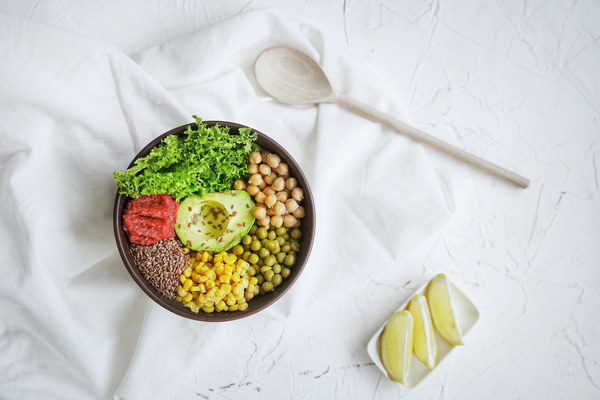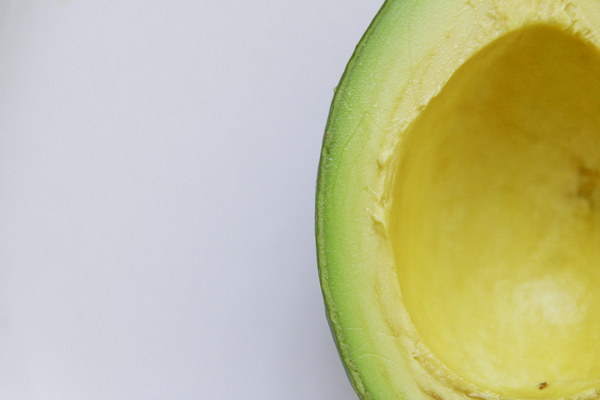Can Edible Mushrooms that Nourish the Spleen and Stomach Be Consumed Safely
In the realm of traditional Chinese medicine, the concept of balancing the body's internal harmony is deeply rooted. One such practice involves the use of edible mushrooms that are believed to nourish the spleen and stomach. But can these mushrooms be consumed safely? Let's delve into the world of these unique fungi and their health benefits.
Mushrooms have long been a staple in many traditional cuisines, not only for their unique flavors but also for their supposed medicinal properties. In Chinese medicine, certain mushrooms are revered for their ability to enhance the spleen and stomach, which are considered the foundation of good health. But before you rush to add these mushrooms to your diet, it's essential to understand their benefits and potential risks.
Firstly, let's talk about the benefits of consuming mushrooms that nourish the spleen and stomach. These mushrooms, often referred to as spleen-nourishing mushrooms, are believed to help improve digestion, boost the immune system, and provide a wealth of nutrients. Here are some of the most popular spleen-nourishing mushrooms:
1. Reishi (Ganoderma lucidum): This prized mushroom has been used in traditional Chinese medicine for centuries. It's thought to enhance the spleen, boost the immune system, and reduce stress levels.
2. Cordyceps (Cordyceps sinensis): Another well-known spleen-nourishing mushroom, cordyceps is believed to improve energy levels, enhance respiratory function, and support the immune system.
3. Shiitake (Lentinula edodes): Shiitake mushrooms are rich in polysaccharides, which are thought to enhance the immune system and aid in digestion.
4. Maitake (Grifola frondosa): Maitake is known for its ability to improve blood sugar levels, support the immune system, and reduce inflammation.

While these mushrooms offer a multitude of health benefits, it's essential to consider potential risks before incorporating them into your diet. Here are some points to keep in mind:
1. Allergies: As with any food, there is a risk of developing an allergic reaction to these mushrooms. If you've never consumed them before, it's best to start with a small amount and monitor for any adverse reactions.
2. Interactions with Medications: Some spleen-nourishing mushrooms may interact with certain medications, particularly those that affect the immune system or blood clotting. It's essential to consult with a healthcare professional before combining them with your current medication regimen.
3. Quality and Source: The quality of the mushrooms is crucial, as some may contain harmful contaminants or be grown using pesticides. Opt for organic, high-quality mushrooms to minimize the risk of exposure to harmful substances.
4. Moderation: As with any food, it's essential to consume these mushrooms in moderation. Overconsumption may lead to adverse effects or exacerbate pre-existing health conditions.
In conclusion, edible mushrooms that nourish the spleen and stomach can be consumed safely when approached with caution and awareness of potential risks. By choosing high-quality mushrooms, monitoring for allergic reactions, and consulting with a healthcare professional, you can enjoy the health benefits of these unique fungi. Incorporate them into your diet in moderation, and you may find that they contribute to your overall well-being.









